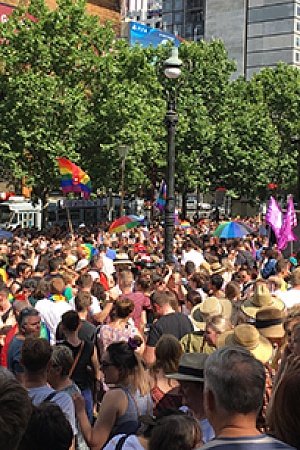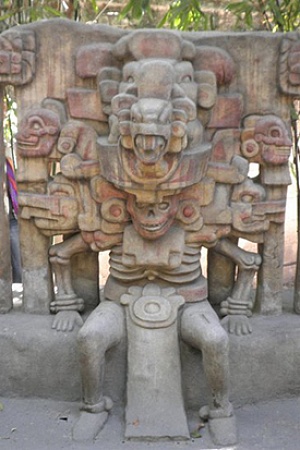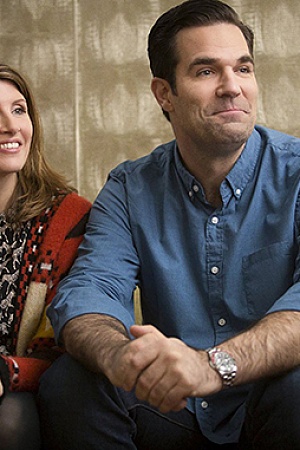Failures of imagination
On 14 November 2019, Behrouz Boochani arrived in New Zealand, to feature in the WORD Christchurch literary festival. In so doing, Boochani, the Kurdish-Iranian writer, detained – or, in his words, exiled – by the Australian government for six years, finally escaped his ‘Manus Prison’. The details of his resettlement remained unclear, but it didn’t matter; he simply wanted to be ‘free for a while’. Around the world, on broadcast and social media, thousands celebrated Boochani’s ‘long flight to freedom’. This followed his award-winning book No Friend But the Mountains (2018), an autobiographical novel typed on his mobile phone using WhatsApp, one passage at a time. Smuggled from Manus in thousands of PDF files, it was translated from Farsi into English by his Iranian-Australian collaborator, Dr Omid Tofighian. For Boochani and those concerned with the plight of asylum seekers and refugees, his escape offered a rare moment of exultation.
Three days later, the SARS-CoV-2 virus emerged. Some investigations have traced the first confirmed case to 17 November 2019 in Hubei Province, China. At particular risk were those in captive quarters: nursing homes, prisons, detention facilities. In March 2020, with more than 500,000 Covid-19 cases worldwide, Michelle Bachelet, UN High Commissioner for Human Rights, called for detainees held ‘without sufficient legal basis’ to be released. In Australia, the advice was echoed by some 1,200 medical professionals in an open letter to federal ministers Peter Dutton and Alan Tudge; the clinicians called for the release of refugees and asylum seekers into community-supported accommodation. The plea merely elicited a statement from the Department of Home Affairs about cleaning measures in detention centres.
In repurposed Australian hotels, hundreds of men formerly detained on Manus Island and Nauru were at heightened risk from the virus. In Brisbane’s Kangaroo Point Central Hotel, which accommodates more than 100 detainees, a security guard tested positive in March. In July, at the Mantra Hotel in Melbourne, which houses around sixty men, another guard tested positive. ‘Everyone is panicking … they don’t want to die,’ said Farhad Bandesh, a detainee at the Melbourne Immigration Transit Accommodation. Meanwhile, the Department of Home Affairs reiterated that protective measures, including the provision of gloves and masks, were in place.
Continue reading for only $10 per month. Subscribe and gain full access to Australian Book Review. Already a subscriber? Sign in. If you need assistance, feel free to contact us.











Comments (3)
Every time I read, hear or think about mandatory detention my heart misses a beat and my chest tightens. It passes, because nobody can sustain breathlessness for long. But thoughts linger. How do we live with the way we vapourise, extinguish people in such a manner? How did Australia become even more cruel than it was in the colonial beginning while politicians smile false smiles over it all. It is time mandatory detention ceased. It is past time that we signed up to the Uluru Statement from the Heart. We have nothing to lose and so much to gain.
Leave a comment
If you are an ABR subscriber, you will need to sign in to post a comment.
If you have forgotten your sign in details, or if you receive an error message when trying to submit your comment, please email your comment (and the name of the article to which it relates) to ABR Comments. We will review your comment and, subject to approval, we will post it under your name.
Please note that all comments must be approved by ABR and comply with our Terms & Conditions.